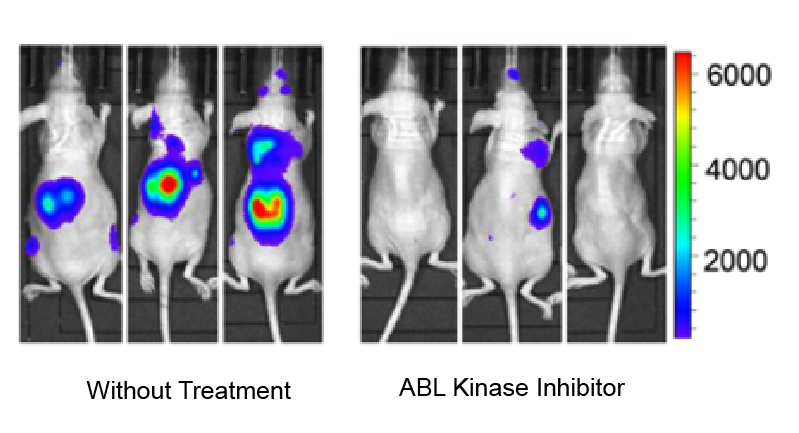
Targeting drugging molecules that promote cancer metastasis
Value Proposition
Metastases, the spread of cancer cells to new areas of the body, are common and devastating complications of many kinds of cancers. For instance, bone metastasis occurs in 73% of advanced breast cancer patients while 90% of lung cancer patients’ deaths are linked to metastasis. Moreover, about 40% of the most common form of lung cancer cases, non-small cell lung carcinoma, exhibit bone metastasis. When cancer cells invade into other parts of the body, they produce molecules that promote tumor growth. As a result, both breast and lung cancer metastases are associated with high mortality and morbidity. However, there are no available therapies to cure breast and lung cancer metastases. Therefore, there is an urgent need to identify molecules that could be targeted to prevent and disrupt metastases.
Technology
The Pendergast lab has discovered an ABL-specific inhibitor that can potentially be developed into a treatment for metastatic breast and lung cancer. Inventors have noticed that increased expression of ABL kinases correlated with enhanced breast and lung cancer metastases and ABL kinases were essential in promoting breast and lung cancer cell metastases. Studies with both cell lines and animal models have demonstrated that when ABL kinases were suppressed, cancer cells’ ability to invade into other parts of the body is greatly impaired. In addition, cancer cells’ survivals in the metastatic sites were reduced with ABL kinase depletion. Therefore, ABL kinases are potential therapeutic targets that can prevent and disrupt breast and lung cancer metastasis. To target ABL kinases, inventors have designed a novel ABL-specific inhibitor. Unlike other ABL kinase inhibitors that target the kinase domain and have off-target effects with other kinases, this ABL-specific inhibitor binds to a different site. As predicted, the ABL-specific inhibitor can effectively inhibit ABL activity while maintaining specificity. This newly developed ABL-specific inhibitor significantly reduced breast and lung cancer metastases in both cell line and animal model studies.
Other Applications
This invention can potentially be used in cancers that have increased ABL kinases activity including liver, uterine, kidney carcinomas.
Advantages
- Novel therapeutic target for treating breast and lung cancer progression and metastasis
- New ABL kinase inhibitors that have greater specificity
- Promising results in both cell line and animal model studies
- When combined with existing treatments, this invention may help increase cancer cells sensitivity to chemotherapy